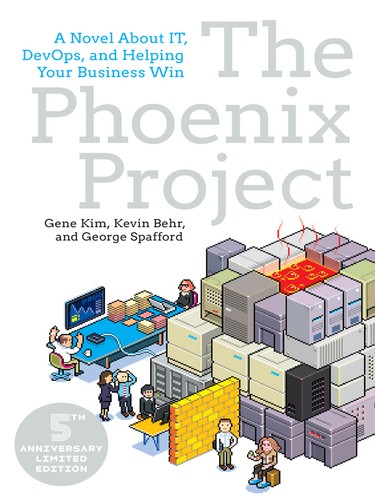SoapyDeuce@bookwyrm.social reviewed The Phoenix Project by Gene Kim
A good (though old) message wrapped in a bad novel
2 stars
As a novel, this is as bad as it gets. The dialog is awful, the plot is nonsensical, and the characters are like bizarre cardboard cutouts; totally one-dimensional, yet totally unrealistic.
The message that the book is trying to get across may have been more impactful in 2013, but it feels like ancient history now in 2023. There are better books about DevOps that don't spend hundreds of pages telling a hokey story about why it's important.
As a novel, this is as bad as it gets. The dialog is awful, the plot is nonsensical, and the characters are like bizarre cardboard cutouts; totally one-dimensional, yet totally unrealistic.
The message that the book is trying to get across may have been more impactful in 2013, but it feels like ancient history now in 2023. There are better books about DevOps that don't spend hundreds of pages telling a hokey story about why it's important.



